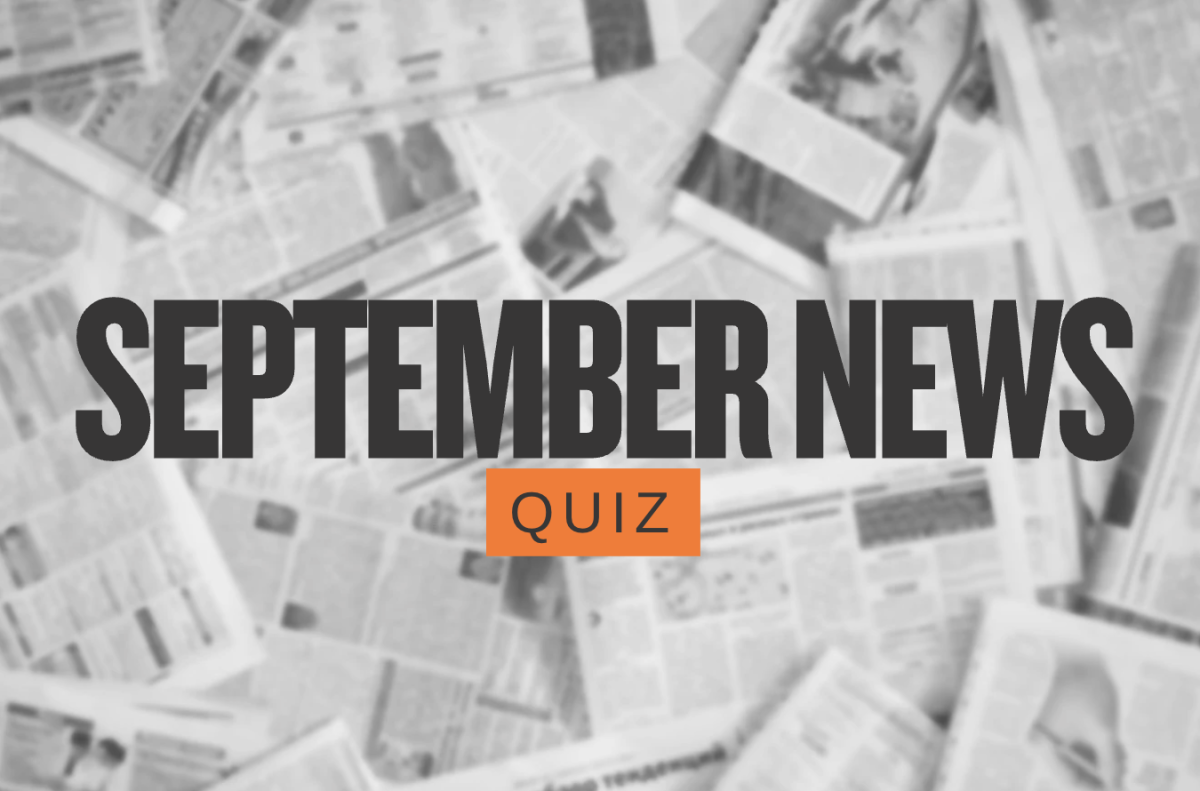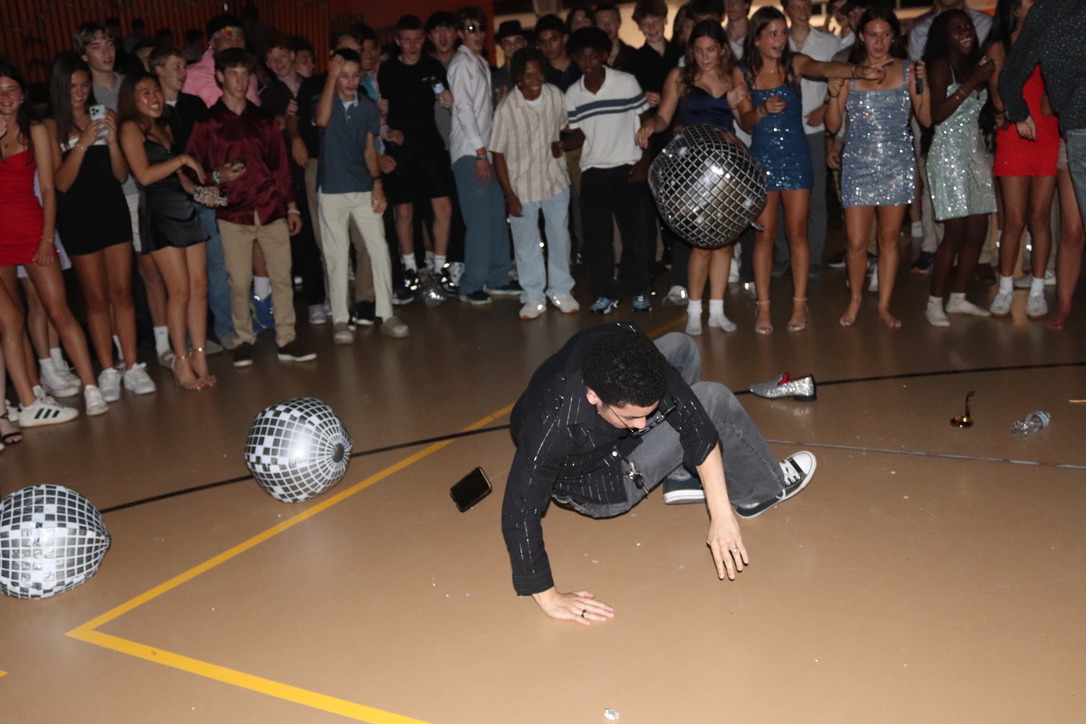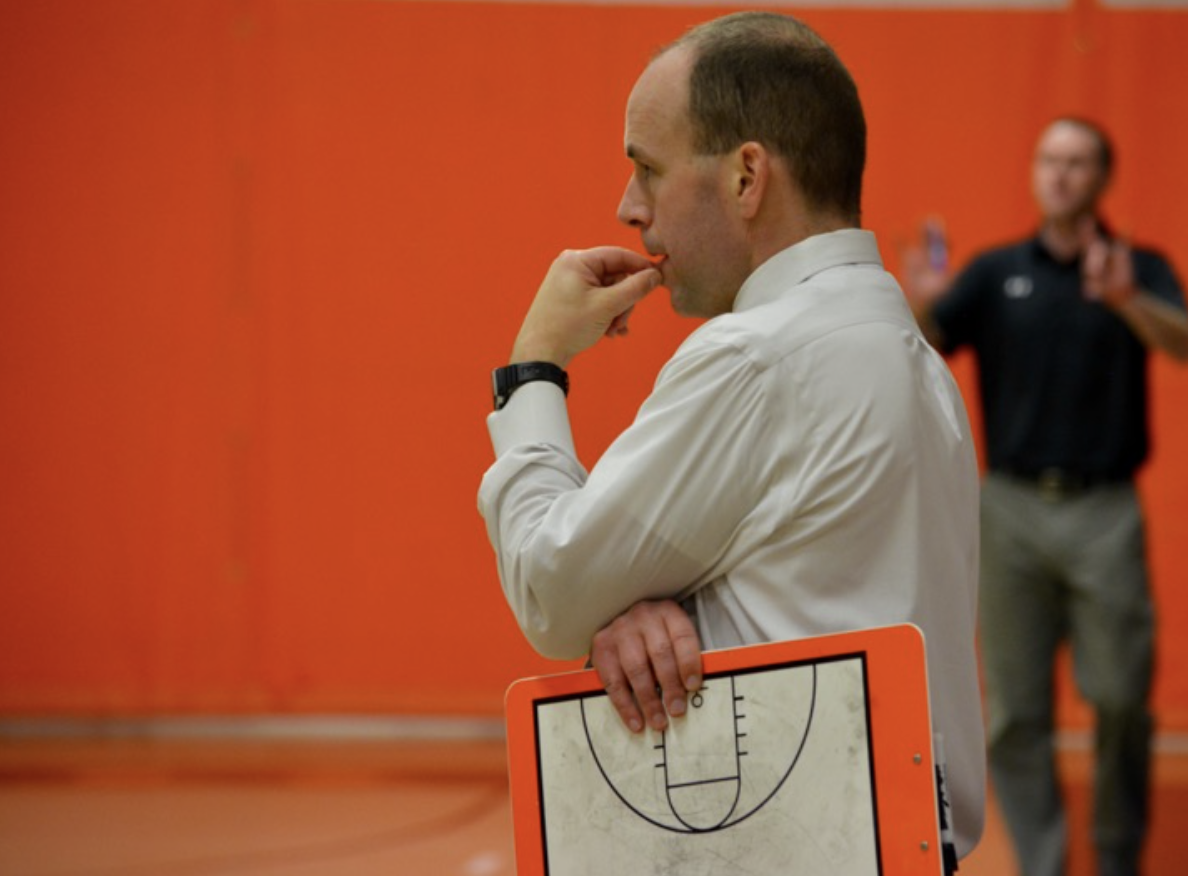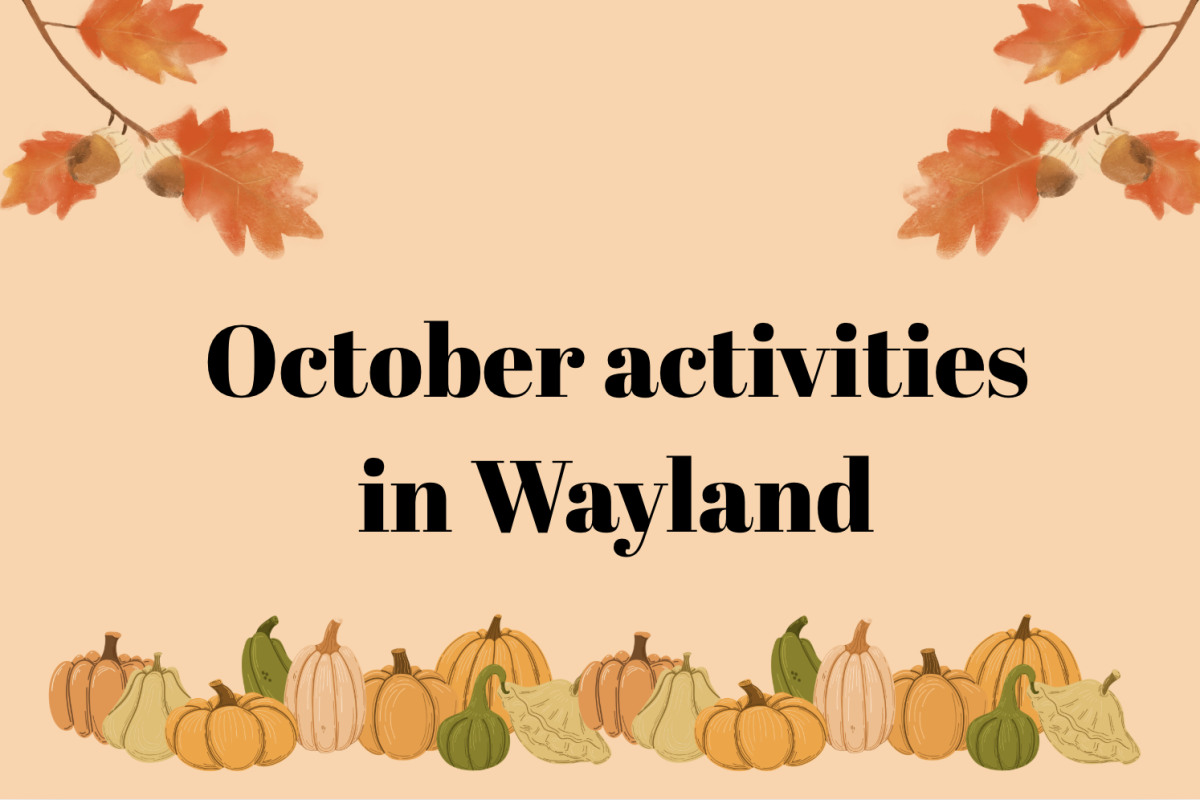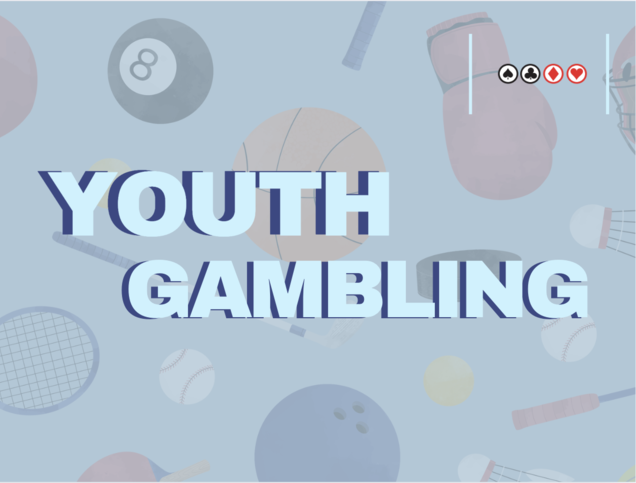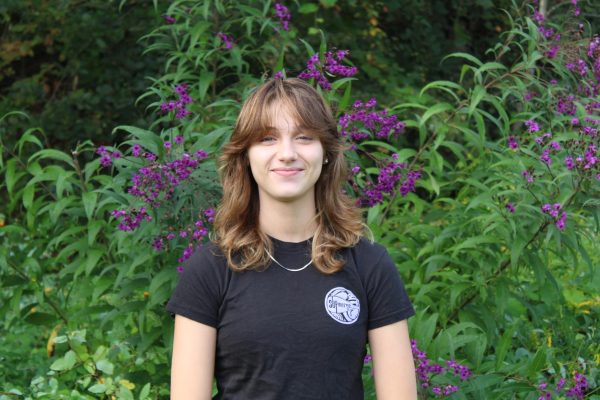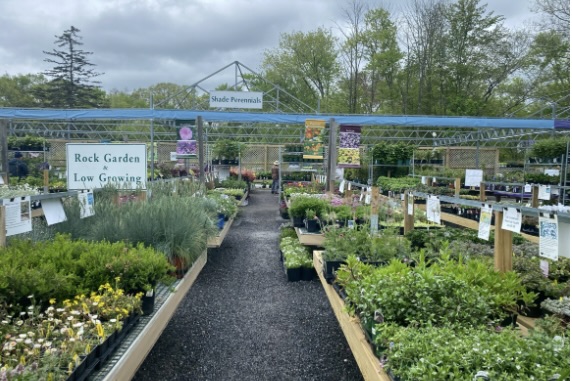
With vegetables like cucumbers and carrots, as well as flowers like peonies, lavender and zinnias thriving in the warmer atmosphere, June is a prime time for gardening and is a great hobby to pick up this summer. That being said, it’s not always the easiest activity, and some small mistakes can cause major setbacks in plant growth. The employees at Russell’s Garden Center in Wayland have some important tips that could make all the difference in gardening success this summer.
Compost
When planting a garden, fertilizers are an extremely helpful tool. By replenishing the nutrients in the soil, it creates a surge in plant growth. However, fertilizer does come with downsides as fertilizer runoff has a very detrimental effect on marine environments.
An easy solution to this problem is replacing fertilizer with natural compost. Not only does it provide a great way to recycle food, compost functions very similarly to fertilizer when it comes to plant growth, but it does so without harming the environment. Natural compost prevents the chance of fertilizer nitrogen runoff, which can lead to excessive algae growth in bodies of water, a problem experienced at the Wayland Town Beach. But, how does compost yield the same results as fertilizer? It increases plants’ ability to absorb nutrients by loosening the soil. Soil with air pockets and texture variation allows for better root growth and an increase in cation exchange capacity, the amount of positively charged ions the soil can hold.
“Compost conditions the soil,” Russell’s Garden Center Water Manager Gerard Blackwood said. “In order for good root growth, the soil has to have a lot of air pockets and different textures so the roots can find their way in the soil.”
Pest control
Pests can be a big problem when it comes to growing a garden. This can be especially bad in more wooded areas where wildlife is abundant. Bunnies in particular don’t like scents like lavender, cayenne pepper and garlic, while deer will stay away from rabbit scram and coyote pee.
“There are a lot of things you can plant that are bunny and deer resistant,” Russell’s Garden Center customer Lea Niellson said. “I’ll surround my roses with perennial geraniums or catmints to keep them away.”
Planting naturally pungent plants is a solution to this problem since they ward off animals and last a long time.

The importance of reading the back of plant packages
Sometimes, the best tips for gardening are right under your nose. Frequently, on the back of seed packages, there is important information about the optimal conditions for the plants to grow.
Information can include whether the package needs to be heated or not heated, put directly in the ground and what temperature the seeds need to be planted at.
“Read the packages,” Russell’s Garden Center Retail Manager Jen Spitzer said. “Almost every single company has really good information on the back of them.”
There are usually key details about the temperature the seeds need to be planted at as well, which can greatly affect the efficiency of plant growth.
“A lot of plants you have to wait to plant because you want it to be warm, while others you can’t plant too late, so read the back of the packages and you’ll have much better success,” Spitzer said.
Water management
Watering plays a huge role in the success of your plants. Some plants, like begonias, can run dry, while others require large amounts of water daily. When it comes to indoor plants, a cup of water a day doesn’t cut it.
“What you want to avoid is a cup of water every day,” Russell’s Garden Center CEO Tim Skehan said. “Really, when watering a houseplant specifically, you don’t want to be afraid of bringing it to the sink and giving it a nice long drink in whatever pot it’s in.”
Giving the whole root mount a drink allows for much better hydration and growth success. An easy way to check the hydration status of your plant is by sticking your finger into the soil.
“You can usually tell [how hydrated the plant is] by putting your finger into the soil and seeing how much dirt comes back up on your finger,” Skehan said.
When it comes to potted plants, lifting up the pot can actually give a good indication of whether or not the plant needs to be watered. If it’s heavy, the plant has a good amount of water, but if it flies up, then it could use a drink.
Climate awareness
When growing food, temperature is crucial. Spring is perfect for planting tomatoes, peppers and cucumbers, but it’s not always an easy task. Night temperatures should be at least 50 degrees Fahrenheit before planting tomatoes and peppers, while anything under 55 degrees Fahrenheit will typically kill cucumbers since they thrive in warm and dry environments.
“Cucumbers like it to be warm and not very rainy, and we’ve had a cold, rainy spring, as we did last year too,” Russell’s Garden Center Vegetable Area Employee Sarah Hubbell said.
There are some vegetables that love this weather, though, with plants like broccoli, cauliflower and especially lettuce thriving in rainy and cool environments. That being said, they won’t make it through the summer, frequently dying off in July due to the heat.
Gardening can be a very refreshing and fun activity, making it a great hobby to pick up this summer. Planting while keeping these tips in mind can increase the chance of creating a product you’re proud of, making the activity more enjoyable.

![During the WHS club fair, senior Molly Bergeron is watching a student sign up for her club, Eliza J. Norton Foundation. In this club, students meet every week and come up with ideas to spread the message. "[This club] really touches a lot of people in the town," Bergeron said.](https://waylandstudentpress.com/wp-content/uploads/2025/10/IMG_1335-1200x800.jpg)


